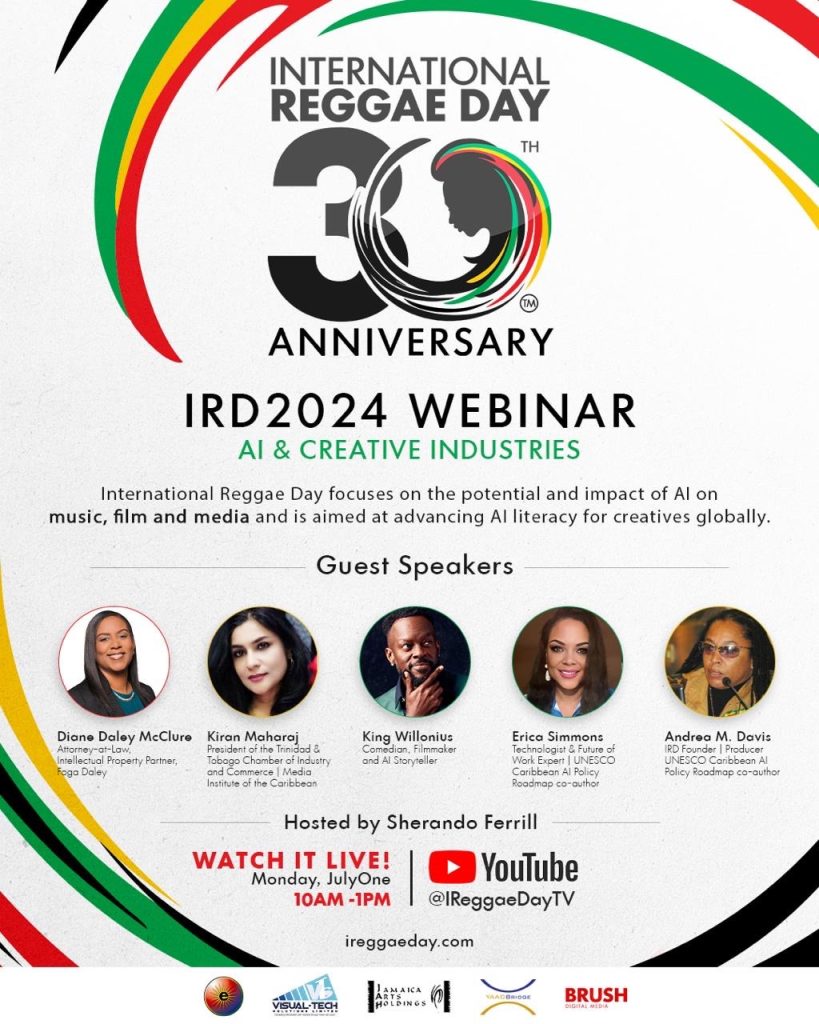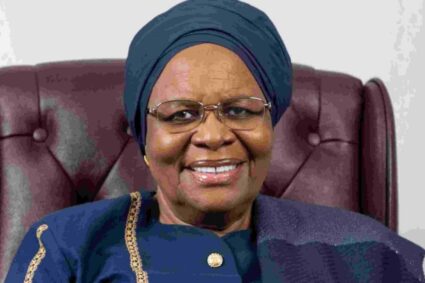
The first of July is celebrated worldwide as International Reggae Day (IRD). This is a day set aside by UNESCO to commemorate the reggae genre and its influence in our culture today. This year’s theme is titled, “Celebrating 30 years of Riddims and Resistance,” the first IRD was celebrated in Jamaica thirty years ago.
The Reggae genre did not originate a very long time ago (depending on who is judging). Reggae had its origins in the 1960s and evolved from two other genres known as ska and rocksteady. The African American rhythm & blues and jazz also influenced reggae music. It is reported that the first ever song to be classified as reggae was “Do the Reggae” by the Jamaican band Toots and the Maylats.
Reggae music also has a strong association with the Rastafarian movement. Rastafarianism was born in the 1930s and as it grew, music became a canon from which the ideals of Rastafarianism were catapulted into the world. Like most musical genres that highlight topics such as love and family ties, Rastafarianism is noted for its strong social commentary.
One of the greatest reggae legends hailed from Jamaica itself; Bob Marley. As the lead vocalist of the Wailers, Marley earned fame, fortune, the admiration of fans across the world, an undying legacy and the man who catapulted reggae music into the mainstream. Today some of the most talented reggae talents are Ziggy Marley and Stephen Marley (both sons of Bob Barley) who have won the Grammy award for ‘Best Reggae Album’, six and five times respectively. Shaggy, Buju Banton, Maxi Priest and more are among the most talented pioneers of the genre.
Reggae music has snuck its way across the continents and found a home in the hearts of music lovers across the world. For instance, the late Lucky Dude blended elements of reggae with Mbaqanga (Zulu musical style) while Zimbabwean musicians such as Mannex Motsi are regarded as some of the most talented reggae musicians the nations have produced.



